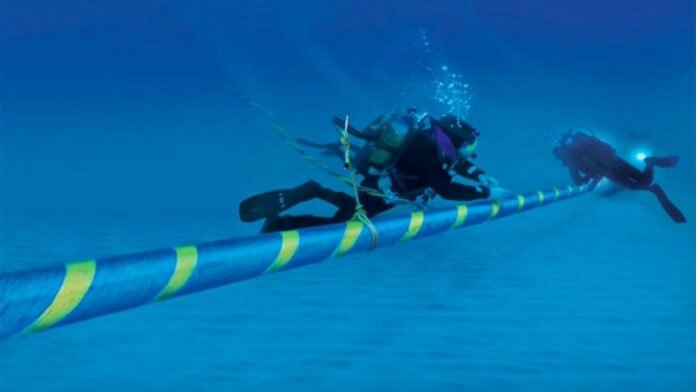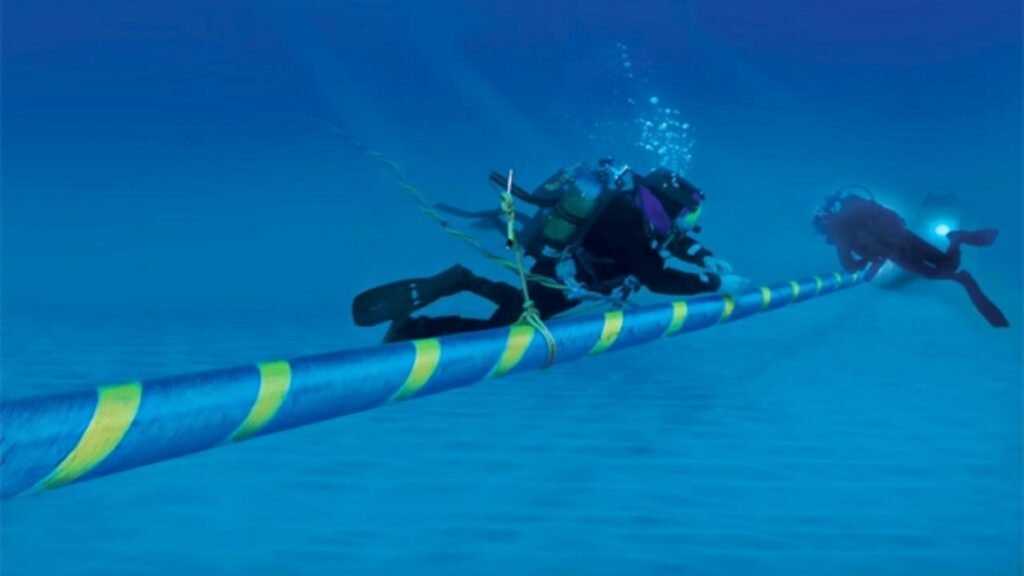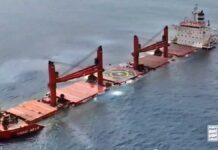
New Delhi: A major internet disruption has occurred in the Red Sea region after four of the 15 undersea cables that connect Asia, the Middle East, and Europe were cut by the Houthi rebels of Yemen. The incident has affected about 25% of the internet traffic in these areas, according to a statement from a Hong Kong-based internet service provider.
How Did the Incident Happen and Who is Responsible?
The incident happened on Monday, when the Houthi rebels, who are fighting a civil war against the internationally recognized government of Yemen, targeted the undersea cables in the Red Sea. The rebels have been accused of launching attacks on civilian and military targets in the region, including Saudi Arabia and the United Arab Emirates, which are part of a coalition that supports the Yemeni government.
The rebels have not claimed responsibility for the cable-cutting, but they have previously threatened to disrupt the maritime traffic in the Red Sea, which is a vital waterway for global trade and oil shipments. The rebels have also claimed to have mined the Bab al-Mandeb Strait, which connects the Red Sea to the Gulf of Aden.
The Hong Kong-based internet service provider, HGC Global Communications, did not specify how the cables were damaged but said it was working with its partners to restore the connectivity as soon as possible. The company said that it was rerouting the internet traffic to minimize the disruption to its customers and also providing assistance to the affected businesses.
What is the Impact of the Internet Disruption and How Long Will it Last?
The internet disruption has affected about 25% of the internet traffic between Asia, Europe, and the Middle East, according to HGC. This means that users in these regions may experience slower or intermittent internet access, especially for data-intensive applications such as video streaming, online gaming, and cloud computing.
The Internet disruption may also affect the operations of some businesses and organizations that rely on the Internet for communication, collaboration, and commerce. For example, some banks, e-commerce platforms, and media outlets may face difficulties in processing transactions, delivering services, and accessing information.
The internet disruption may last for at least another month, according to South Africa-based Seacom, which owns one of the affected cable systems. The company told CNN that the repairs would not begin until the end of April, due to the time taken to obtain the necessary permits to operate in the area. The company also said that the repairs would depend on the availability of the cable ships and the weather conditions.
What are the Undersea Cables and Why are They Important?
Undersea cables are the invisible force driving the internet, as they carry over 95% of the global data traffic across the oceans. The cables are made of optical fibers that transmit data using pulses of light. The cables are laid on the seabed by specialized ships and are protected by layers of steel and plastic. However, the cables are vulnerable to damage from natural disasters, fishing activities, and sabotage.

The undersea cables in the Red Sea region are part of a network of more than 400 cables that span over 1.2 million kilometers around the world. Many of these cables have been funded in recent years by internet giants like Google, Microsoft, Amazon, and Facebook parent Meta, to increase the speed, capacity, and reliability of the internet. Damage to these maritime networks could lead to widespread internet outages, as happened after the 2006 Taiwan earthquake, which severed several cables in the Pacific Ocean and affected millions of users in Asia.





















































